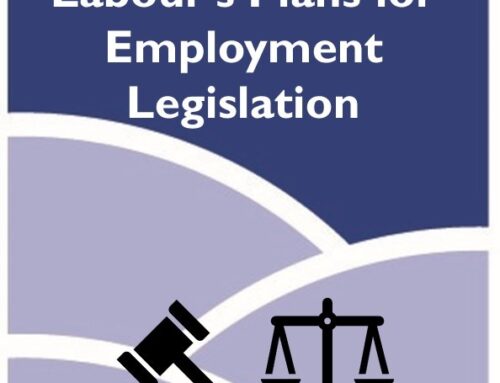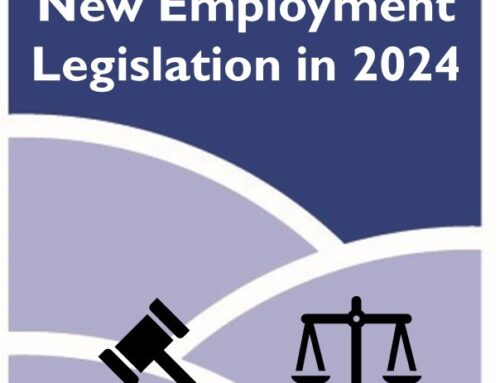As we head into the winter months and Covid infections surge once again, we look at the latest government guidance and what employers should be doing when staff test positive or have symptoms of COVID.
COVID is now being treated as any other illness for the purposes of work. Therefore, employees who test positive employees and are too unwell for work should follow your usual sickness absence reporting procedure and your normal sick pay rules apply for the duration of their absence.
The current Government guidelines to individuals who experience symptoms or test positive are:
- To try to stay at home and away from other people for 5 days
- To work from home during this period if possible
For those who can’t work from home, the guidance suggests you “ask your employer about options available to you”. However, there is no related guidance for employers which leaves them having to make their own decisions.
We would suggest you consider the following:
- Requiring employees with symptoms that could potentially be COVID to stay away. (After all, even if it is a cold or flu, do you want it to spread to others?!)
- Sending staff home if they come to work unwell. Bear in mind that this could have implications for their pay if you send them home when they are willing to work. This can be mitigated by having a clear policy stating that anyone who is clearly unwell and sent home will be paid sick pay only.
- Requiring those who test positive to stay away, even if they don’t have symptoms. This is tricky because, with the end of free testing, people without symptoms are less likely to test. Again, this could have implications for their pay
- Suggesting that anyone who has been in contact with an infected person should wear a mask
- Maintaining good ventilation and enabling a degree of social distancing where possible
- Having a written policy that sets out the rules in your workplace regarding COVID infections – bearing in mind that new outbreaks could cause issues in the workplace for this unaffected but still concerned of transmission to potentially vulnerable friends and family.
Ultimately, in the absence of legislation or clear guidance, it is very much down to each employer to make their own decisions, bearing in mind their duty of care to all employees.
As always, we are on hand to help and advise with this and other HR matters. Call us on 01484 841776 to speak to a member of our team or email [email protected]



